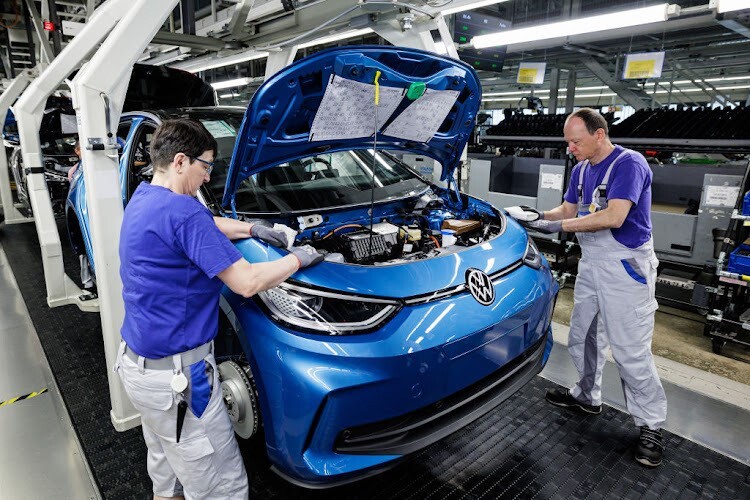EU faces pressure from auto hubs over looming emissions fines
The leaders of Europe’s key auto manufacturing nations—Germany, Italy, and the Czech Republic—have urged Brussels to reconsider imposing financial penalties on automakers failing to meet EU emissions targets starting in 2025.

Speaking after an EU leaders’ summit, German Chancellor Olaf Scholz argued that imposing fines would exacerbate the industry's challenges. He emphasised that penalties should not hinder companies' capacity to invest in electric vehicle development, which is crucial for the sector’s transition and future.
Facing pressure from a snap election scheduled for February next year, Scholz remarked that while automakers introduce new EV models, consumers cannot be compelled to purchase them.
The German Chancellor stated, “I think it’s right not to impose fines and to look into how to do this. It’s not straightforward, but I have had such in-depth discussions, and I think a way will be found.”
Scholz expressed support for European Commission President Ursula von der Leyen's initiative to introduce a "structured dialogue" with the automotive industry.
European automakers could face penalties amounting to approximately €15 billion ($15.6 billion) for failing to meet emission targets. Volkswagen Group, the region's largest automaker, would bear the brunt of the impact.
At the beginning of 2024, AL Circle's research estimated that the transportation sector would drive aluminium demand largely, with EVs playing a major role.
In a recent conversation with Uday Patel, Senior Research Manager, Metals and Mining – Aluminium at Wood Mackenzie, AL Circle, asked, "Which manufacturing industry/industries would be the demand driver for aluminium in 2025?"
"In his reply, Uday Patel stated, we expect all things related to the energy transition to grow strongly—also, automotive (except in Europe), general engineering and packaging."
Get an in-depth look at the aluminium industry for 2025 and beyond by pre-booking AL Circle's "Global Aluminium Industry Report 2025."
However, returning to the European auto sector, the industry has voiced concerns over potential plant closures and significant job losses, citing challenges such as sluggish demand, intensifying competition from Chinese manufacturers, and slower-than-expected growth in EV sales.
In the previous week, France also opposed the imposition of fines. According to a government document obtained by Reuters, Paris emphasised its commitment to maintaining CO2 targets but advocated for an alternative solution to prevent automakers from facing penalties next year.
At a meeting of EU ministers on Dec. 17, French climate minister Agnes Pannier-Runacher said, “The reality we are facing now is not the one we prepared for to begin with.”
Austria, Bulgaria, Romania, and Slovakia have called on the EU to reconsider its car CO2 reduction policies. In contrast, few nations, like Sweden, have supported retaining the penalties.
Image credit: TimesLIVE
Information credit: Reuters
This news is also available on our App 'AlCircle News' Android | iOS



















